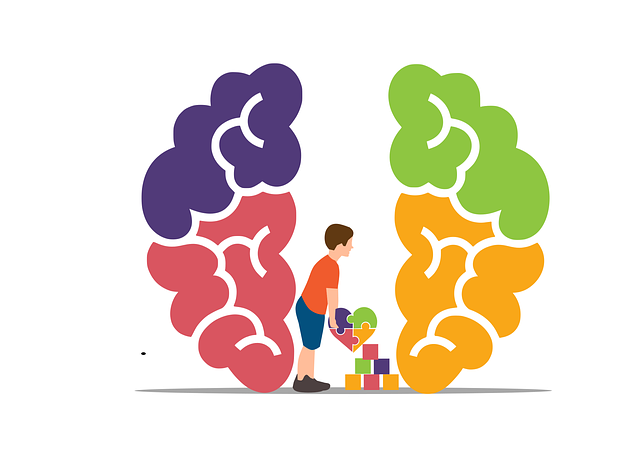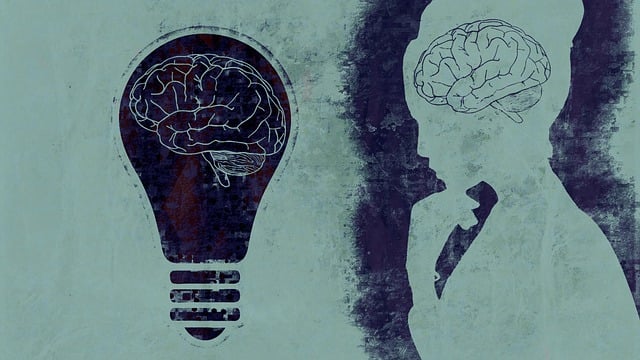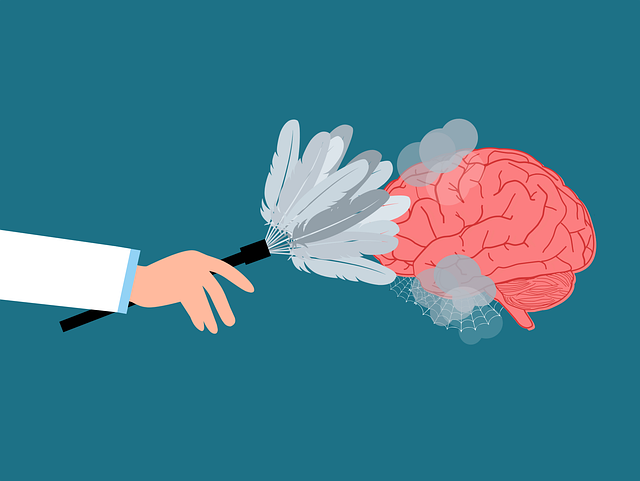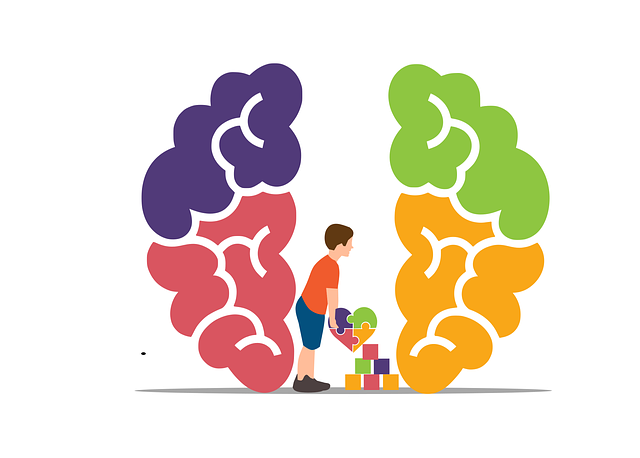Trauma support services, including specialized therapy, are vital for both children and first responders to address their unique mental health needs. For children, play, art, or conversational therapies create safe spaces to process trauma, preventing long-term effects. First responders benefit from stress management, resilience building, and peer support facilitated through tailored therapy. Online therapy platforms and telemedicine bridge accessibility gaps for vulnerable populations in remote areas, while optimizing digital service provision is crucial for timely intervention and care for first responders facing high-pressure profession trauma.
In today’s fast-paced world, access to robust trauma support services is more crucial than ever. This comprehensive guide explores the vital role therapy plays in helping children and first responders navigate traumatic experiences. We delve into the unique challenges they face, highlighting the importance of specialized interventions like child-centric therapy and responder-focused support networks. By understanding these needs, we can foster a more resilient and supportive environment for those who dedicate their lives to helping others.

Trauma support services play a vital role in helping children and first responders cope with the aftermath of traumatic events. For children, therapy can be a game-changer, offering a safe space to process their experiences and emotions. This is particularly crucial given that young minds are still developing coping mechanisms, and trauma can have long-lasting effects on their mental health if left unaddressed.
Specialized therapy for children often involves play therapy, art therapy, or age-appropriate conversational approaches. These methods help them express and work through their feelings in a way that feels natural and non-threatening. For first responders, such as emergency service personnel and military personnel, dedicated support services are essential. They often face unique challenges, including exposure to high-stress situations, which can lead to complex trauma and subsequent mental health issues. Tailored therapy for these individuals should focus on stress management, resilience building, and peer support networks to foster a sense of community and understanding.
API responded with status code 504.

In the realm of trauma support, accessing effective services is paramount, especially for vulnerable populations such as children and first responders. When it comes to therapy for children, timely intervention can be a game-changer in their recovery journey. Unfortunately, geographical barriers and limited resources often pose challenges in connecting these young individuals with the specialized care they need. One significant hurdle is the availability of services, particularly in remote areas or underserved communities.
In such cases, technology plays a crucial role in bridging the gap. Online therapy platforms and telemedicine solutions enable children to receive counseling from the comfort of their homes, ensuring accessibility. For first responders, who often face unique trauma related to their high-pressure professions, specialized support services are essential. However, delayed responses or status codes like 504 (Gateway Timeout) can hinder their access to timely therapy, impacting overall well-being and recovery. Thus, optimizing service provision through efficient digital infrastructure is vital to ensuring that all individuals receive the critical care they deserve.
In light of the challenges faced by children and first responders dealing with trauma, it’s clear that accessible and specialized therapy services are paramount. By addressing the gap in provision, we can ensure these individuals receive the support they need to heal and rebuild their lives. Prioritizing therapy for children and first responders is a vital step towards fostering resilience and promoting well-being in our communities.









